Water reflections can be a powerful element when shooting after dark, transforming a ho-hum image into a money shot. This tutorial is another simple primer from the My Photo Journey YouTube channel, and it explains everything necessary for using reflections to boost the impact of a photo.
Today's British instructor goes by the handle Dawley Lad, and he specializes in videos for photographer who are interested in expanding their skills by trying something new. Today's lesson is presented in the contest of urban street photography, but it also has other applications—like photographing ponds or still lakes with reflections of the moon and starry skies above.
In this behind-the-scenes episode you'll follow Dawley as he explores the English town of Lincoln, looking for wet spots in the pavement that reflect the colorful lights of the city. As he illustrates, "These reflections add an amazing dynamic to the photos—making them pop with vibrancy and depth."
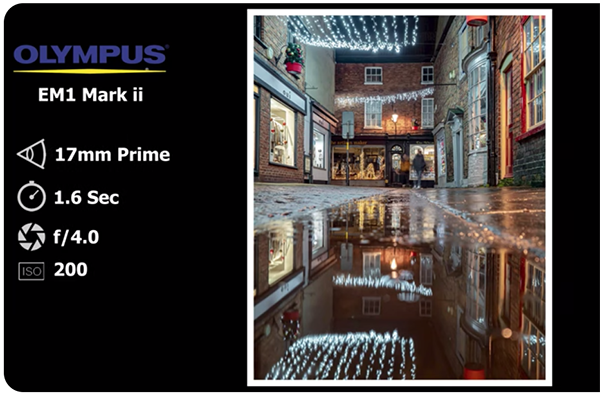
The tutorial begins with a discussion of the gear Dawley recommends with a focus on cameras and lenses that provide excellent flexibility and low-light performance. His kit for this shoot includes an Olympus EM1 Mark II, paired with 17mm f/1.8 and 45mm f/1.8 fast prime lenses.
Dawley then turns to more technical matters like exposure settings, composition techniques, and the importance of camera angle, vantage point, and positioning yourself properly relative to the reflections. Unlike with conventional nighttime photography, for this assignment he prefers the flexibility of hand-holding the camera because, "this allows for more creative compositions."
One technique that Dawley employs with regularity is positioning his camera as low as possible to the surface of the water (another reason that tripods can be inconvenient). As he says, "You'll see me crouching down, practically touching the ground, to capture those perfect reflections."

You can find more inspiriting tips and techniques by visiting the MY Photo Journey YouTube channel, so be sure to check it out when you have time.
And don't miss the earlier tutorial we featured with another accomplished pro who demonstrates how to understand, read and use the oft-ignored histogram to take control and consistently make photographs with perfect exposure.

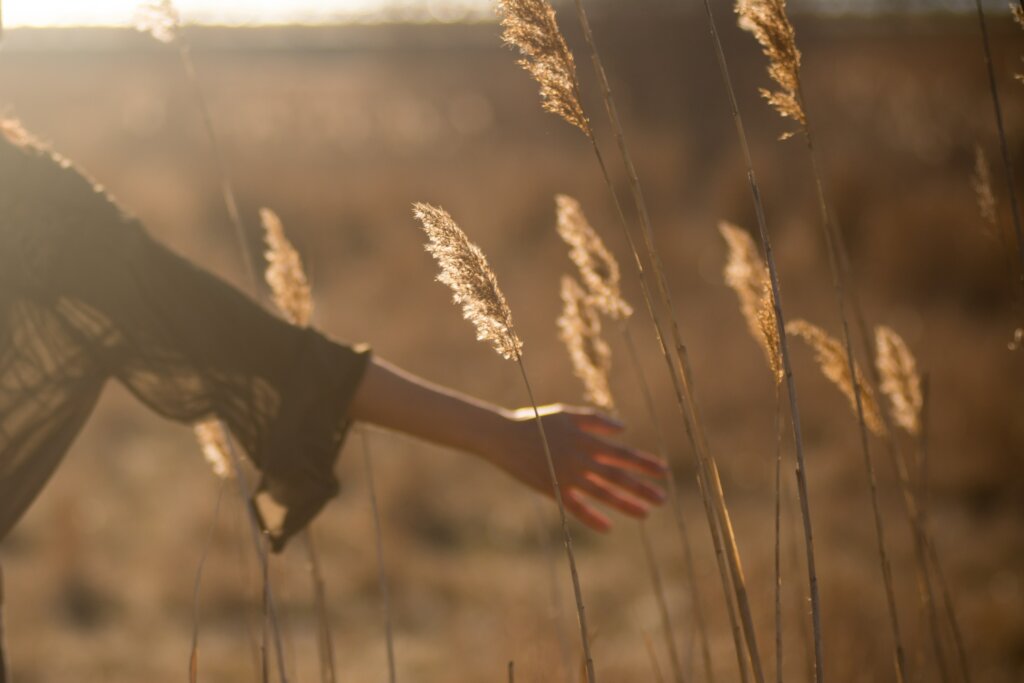
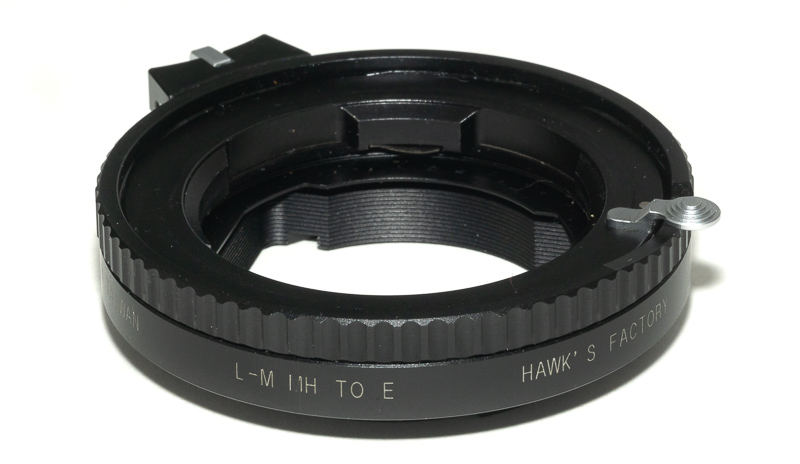

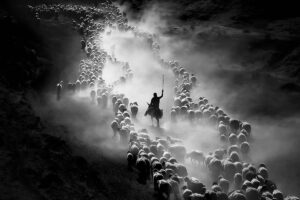
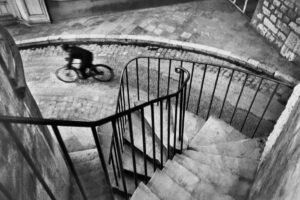
 English (US) ·
English (US) ·